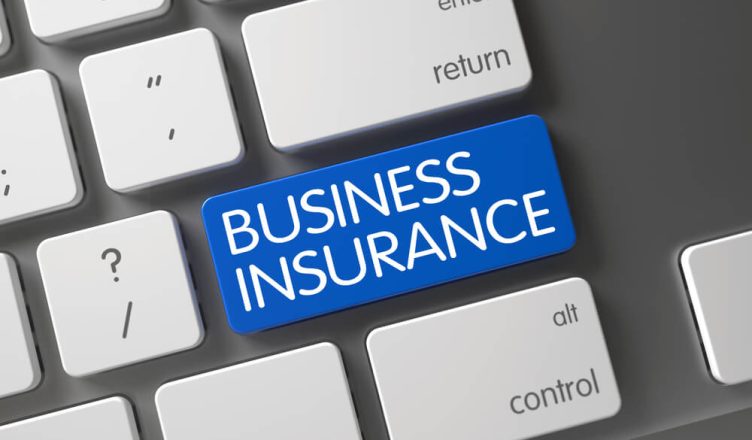Risks in business come in various forms. Employee mistakes happen, natural disasters destroy property, and lawsuits can prove expensive.
Establishing your business as a legal entity may protect personal assets from legal liability, but an effective risk management plan also includes purchasing appropriate insurance coverage to guard against financial catastrophe. Let’s explore different forms of business insurance available today so we can protect ourselves from financial catastrophe in our businesses.
Asset Protection
Asset protection encompasses strategies and measures designed to shield wealth and possessions from risks, liabilities, and unplanned events. Effective asset protection strategies can protect business owners, entrepreneurs, investors, or those with significant assets against unexpected events that threaten their financial well-being and wellbeing.
Utilizing suitable insurance coverage can provide significant protection for your business assets. For instance, commercial property insurance provides crucial support against losses arising from fires, natural disasters and other catastrophic events that threaten them.
As previously discussed, incorporating your business as a corporation or limited liability company provides asset protection by isolating personal assets from debts and liabilities of the business. However, this only works if business owners adhere to formalities associated with corporate incorporation such as maintaining separate bank accounts for each subsidiary, holding regular meetings of their corporation, and keeping meticulous records. Otherwise a court could “pierce through” and hold business owners personally liable for company debts.
Liability Protection
There are various forms of business insurance, each designed to safeguard against different financial risks. Common coverage options for businesses include commercial property insurance, general liability coverage and workers’ comp insurance – while some providers also offer business income coverage – this reimburses lost revenues and fixed costs when disaster strikes.
An experienced insurance agent can assist a small business owner in selecting the appropriate policies to fit his or her individual needs, and may even help consolidate essential coverage into one policy to save money.
An accounting office with two employees requires very different insurance needs than a small hardware store, yet one package of commercial property and general liability may suffice for both of them. Directors and officers insurance is also available to protect company executives against allegations of wrongdoing such as mistakes, omissions, misleading statements or neglectful acts by these executives.
Business Continuity
Business continuity planning is a comprehensive strategy designed to allow companies to remain operational following any unexpected disaster, similar to disaster recovery plans; it covers more aspects than its counterpart such as physical locations, equipment, personnel and third-party providers.
An integral component of any business continuity plan is identifying which processes are critical and devising ways to protect them against disruptions, often accomplished via risk assessment and business impact analysis (BIA).
Next, develop strategies that address these risks. This may involve identifying backup processes and building relationships with external vendors and suppliers to manage dependencies during an interruption. Furthermore, this process should help define risk tolerance as well as recovery time objectives and recovery point objectives. Business continuity plans also reassure customers, investors and stakeholders that your company can deal with any type of emergency without negative repercussions affecting its image or reputation.
Reputation Protection
Launching a business can be fraught with risk, so it is crucial that proper insurance coverage is in place to safeguard against financial disaster. Proper policies can help cover property damage costs, legal liability costs and any lost income related to catastrophic events.
Different forms of business insurance provide protection from different forms of risk. General liability policies cover costs when customers or employees accidentally damage someone else’s property while at work; while professional liability coverage such as malpractice or Errors & Omissions insurance will help cover expenses when your company is sued for providing poor services or advice.
Many businesses opt to bundle multiple coverage types together in order to save money, such as with a Business Owner’s Policy (BOP). A BOP includes general liability and commercial property insurance as well as workers’ compensation coverage – working with an agent who specializes in business insurance can help select and customize a policy specifically for your operations.

